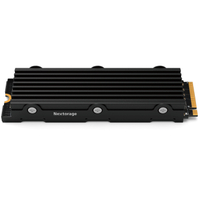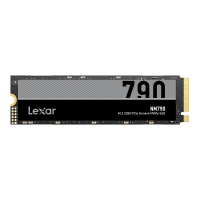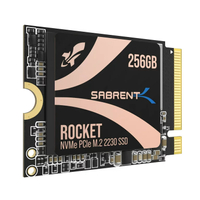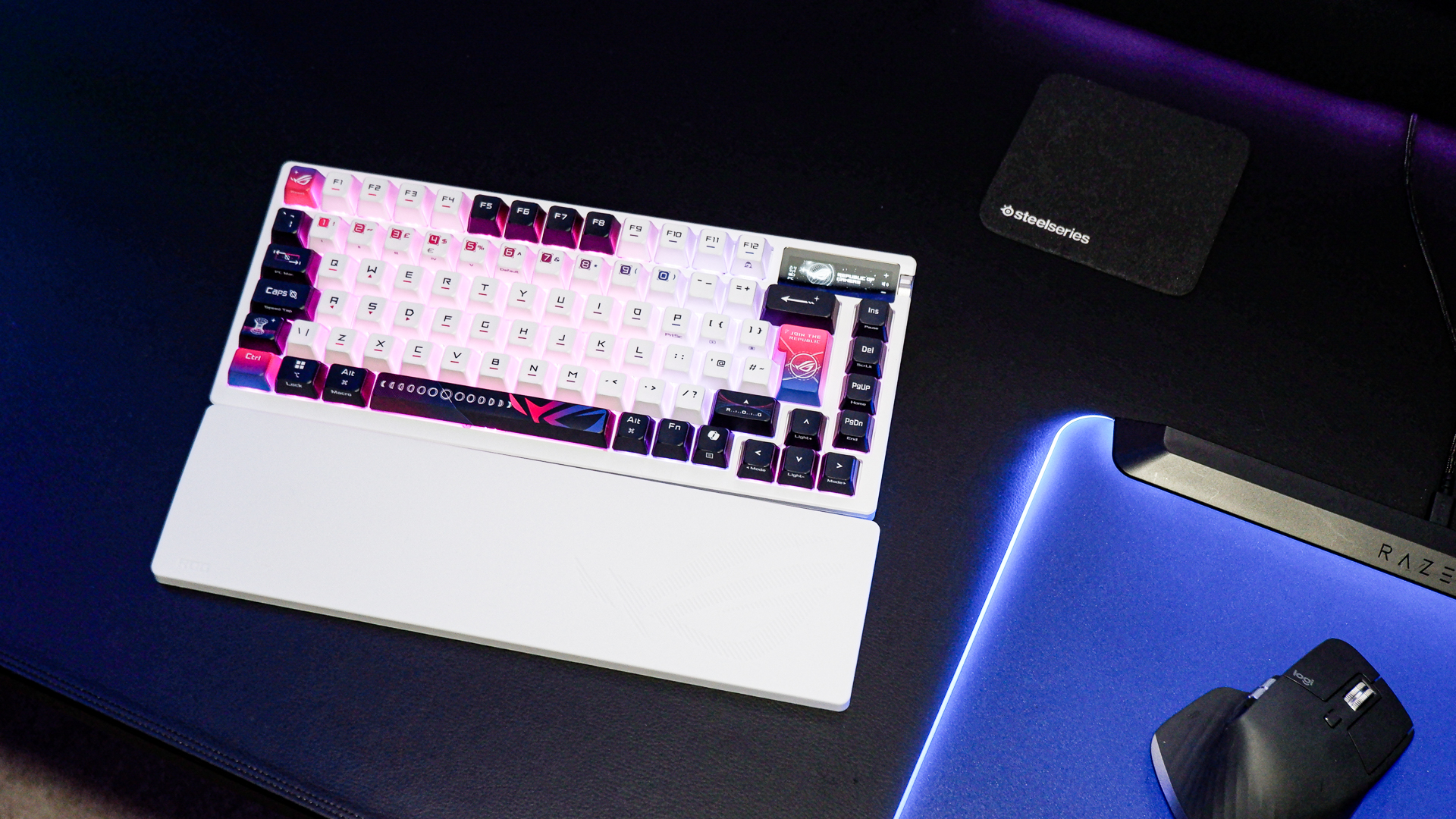PC Gamer Hardware Awards: The best SSDs of 2023
Big storage sizes and great performance for less was the talk of the town in 2023.
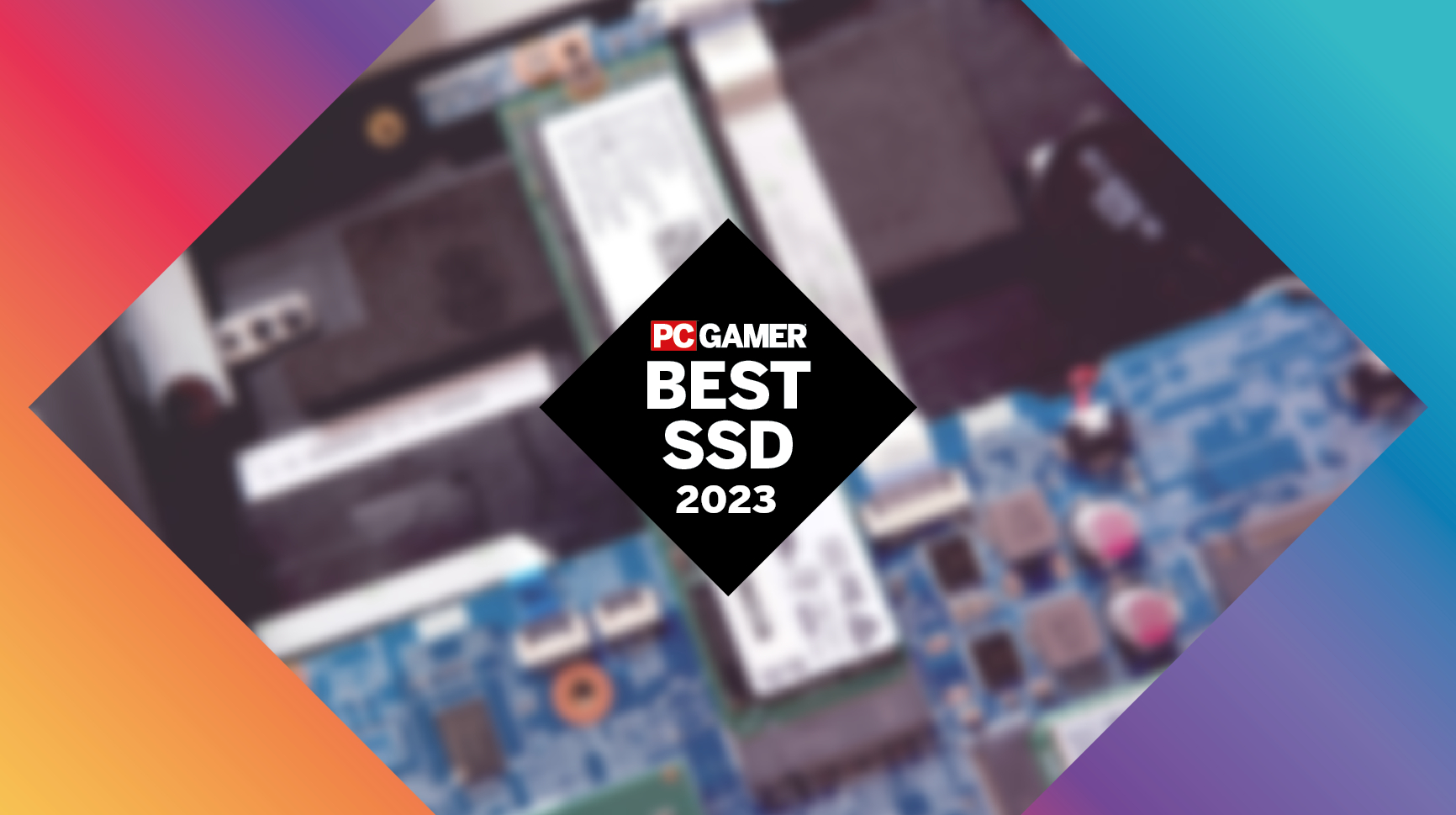
2023 could be regarded as something of a bumper year for SSDs, as we saw many great PCIe Gen 4 drives in large sizes retail for very attractive prices. Super fast high capacity storage for reasonable money was the order of the day, and given the increasing size of game installations, PC hardware was all the better for it.
Gen 4 SSDs remained the major talking points as Gen 5 drives still sit on the expensive side compared to the relative real-world performance, availability and cost of a good Gen 4 drive. We saw 2TB and even 4TB drives released for very reasonable MSRPs, and were particularly taken with offerings like the Lexar NM790 4TB and Nextorage NEM-PA 2TB that proved that you didn't have to spend a huge amount of money for ultra fast and capacious SSD storage.
With the continued rise of handheld PC gaming platforms like the Steam Deck (and the newly-released Steam Deck OLED model) and the Asus ROG Ally, we also saw several M2 2230 NVMe drives released to provide upgrades to suit, and came away very impressed with Sabrent's Rocket 2230 in particular.
While pricing remained cheap for most of the year with some of the best deals to be found over the Black Friday weekend, we've also covered potential SSD price rises incoming due to lower manufacturing levels, and the knock-on effect that's likely to have on consumer pricing going into 2024.
While we haven't seen prices climb significantly just yet it's unlikely that we'll see SSDs this cheap again in the near future, so 2023 may well stand out as the year big SSDs with big performance were available for much less than you might expect.
Best SSD 2023: the nominees
Nextorage NEM-PA 2TB
The name may still be unfamiliar to some, but Nextorage has some pedigree you might not expect. It was originally created by Sony to create SSDs for the PlayStation 5, and since Phison bought a controlling stake in the company and imbued its drives with the mighty E18 controller the results have been very impressive. This particular drive runs extremely cool with its chunky heatsink, and thanks to that speedy Phison chip, 2TB of TLC NAND and 2GB of DDR4 cache the overall performance is excellent, with read/write speeds of 7,300MB/s and 6,900MB/s putting it up there with some of the best performing Gen 4 drives we've tested. 4k speeds could be better, but you can't have everything, can you?
Read our Nextorage NEM-PA review.
Lexar NM790 4TB SSD
The Lexar NM790 might use a lesser known controller in the form of the MaxioTech MAP1602A and lack some DRAM, but it nevertheless delivers excellent read/write speeds of 7,400MB/s and 6,500MB/s, and some of the fastest random read and writes we've tested. Beyond that it runs cool without the need for an active cooling solution, making it a good candidate for a laptop or small form factor SSD upgrade without any worries about heat. All of this speed and cool, efficient performance is delivered for a very reasonable MSRP, making it a big slab of very fast NVMe storage for less than you might expect.
Read our Lexar NM790 4TB review.
Sabrent Rocket 2230 NVMe SSD
The Sabrent Rocket 2230 comes in several storage sizes and with different read/write performance in each, but we found the 512GB and 256GB models really delivered the goods when installed in our trusty Steam Deck, handily beating the pre-installed SSD for not much more power draw. Given the actual load times are much faster this means that overall it's more performance for roughly the same power, and that's a good deal by anyone's metric. The 1TB version was a little temperamental by comparison, but overall this drive put on a great showing for handheld owners this year.
Read our Sabrent Rocket 2230 review.
The winner of the PC Gamer Hardware Award for the best gaming SSD will be announced on New Year's Eve. Each of these drives would make a worthy winner, but to find out which takes the prize make sure you check back in with us then.
Keep up to date with the most important stories and the best deals, as picked by the PC Gamer team.

Andy built his first gaming PC at the tender age of 12, when IDE cables were a thing and high resolution wasn't—and he hasn't stopped since. Now working as a hardware writer for PC Gamer, Andy's been jumping around the world attending product launches and trade shows, all the while reviewing every bit of PC hardware he can get his hands on. You name it, if it's interesting hardware he'll write words about it, with opinions and everything.
